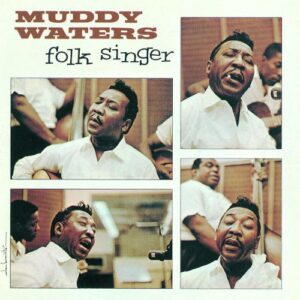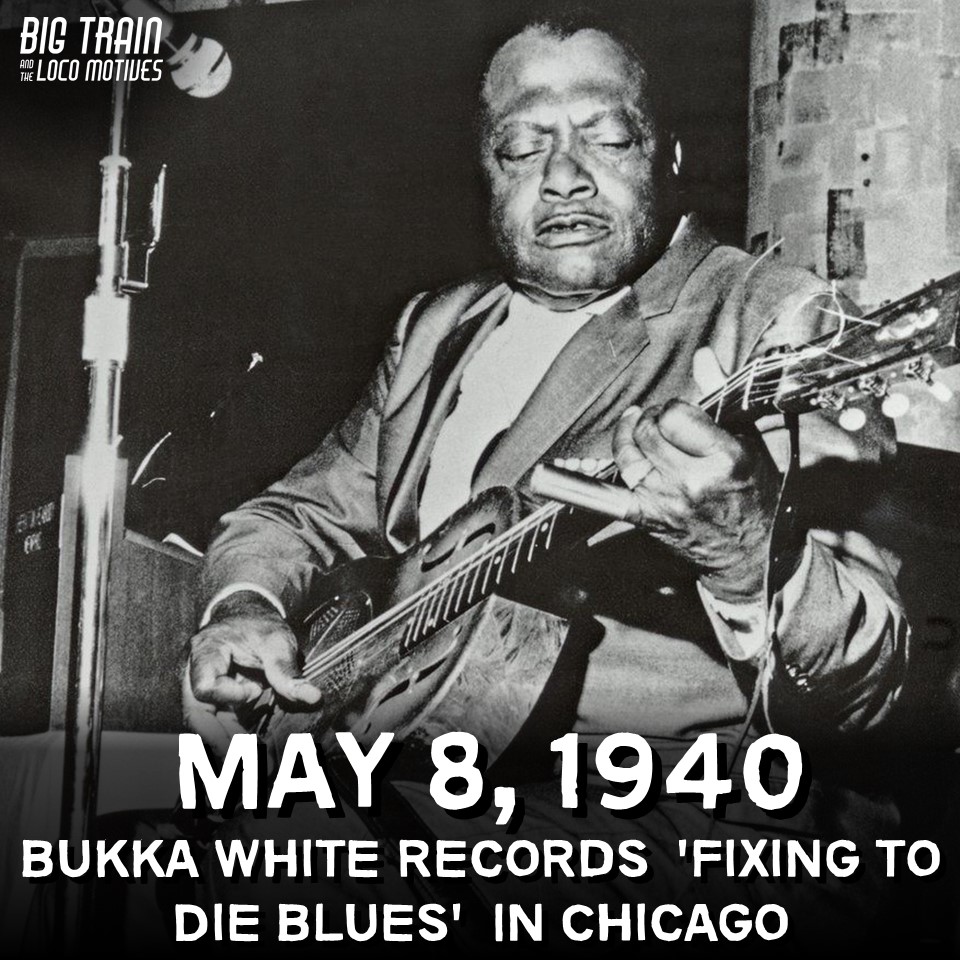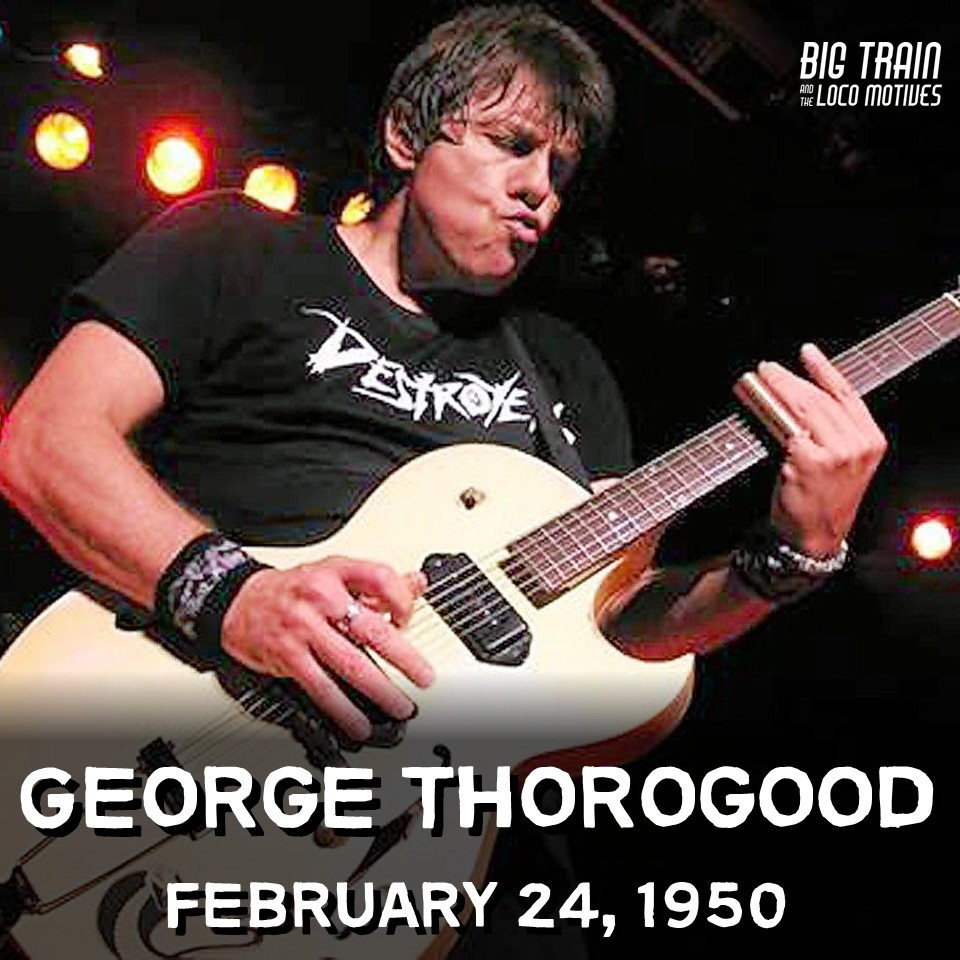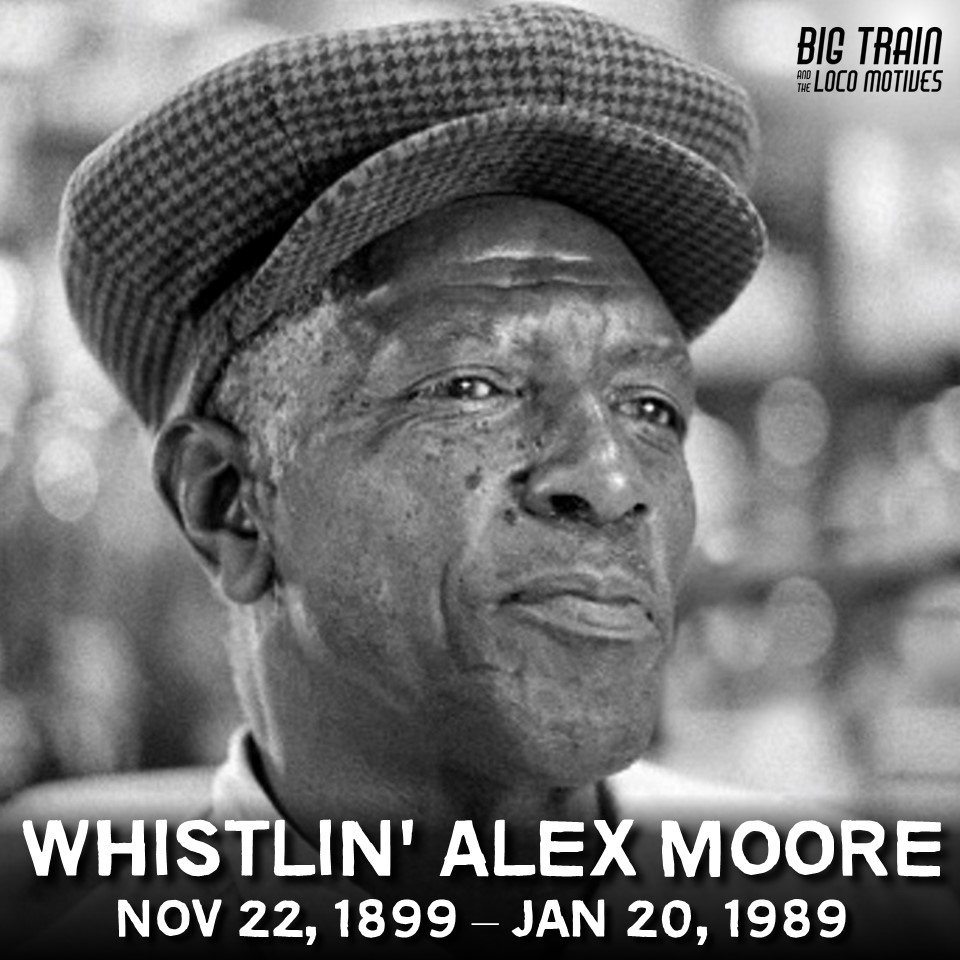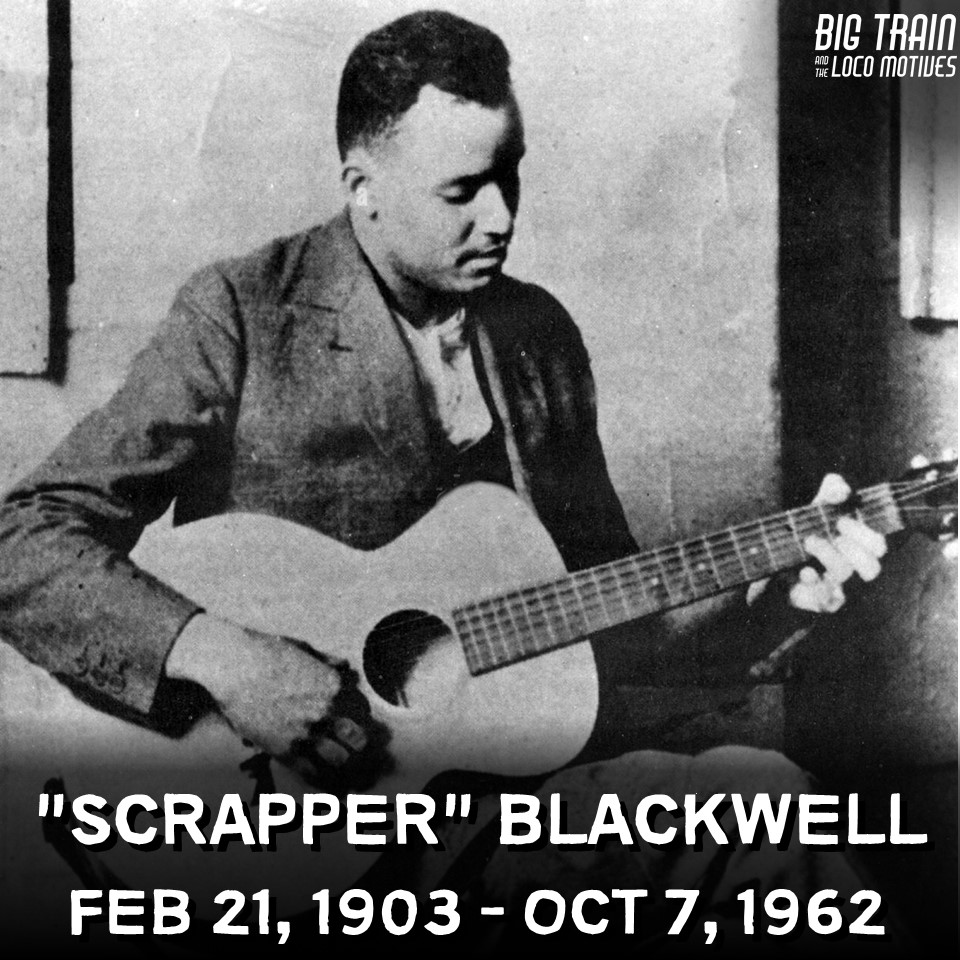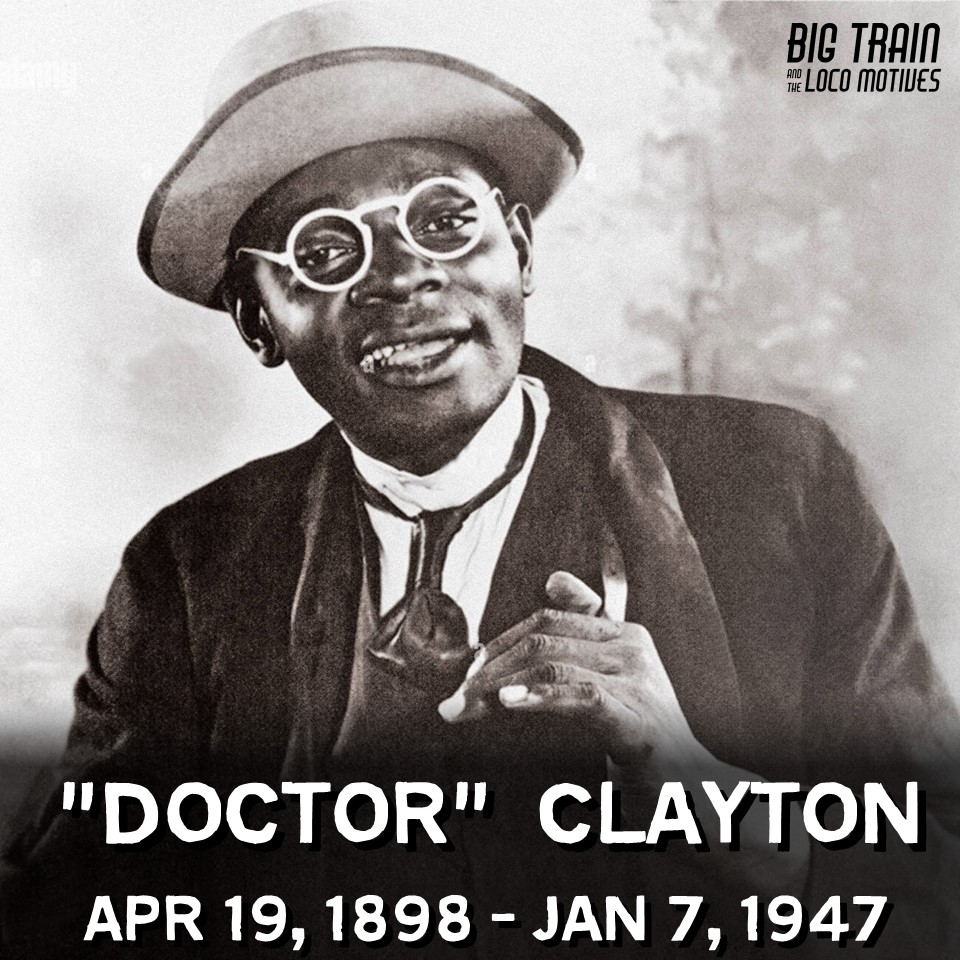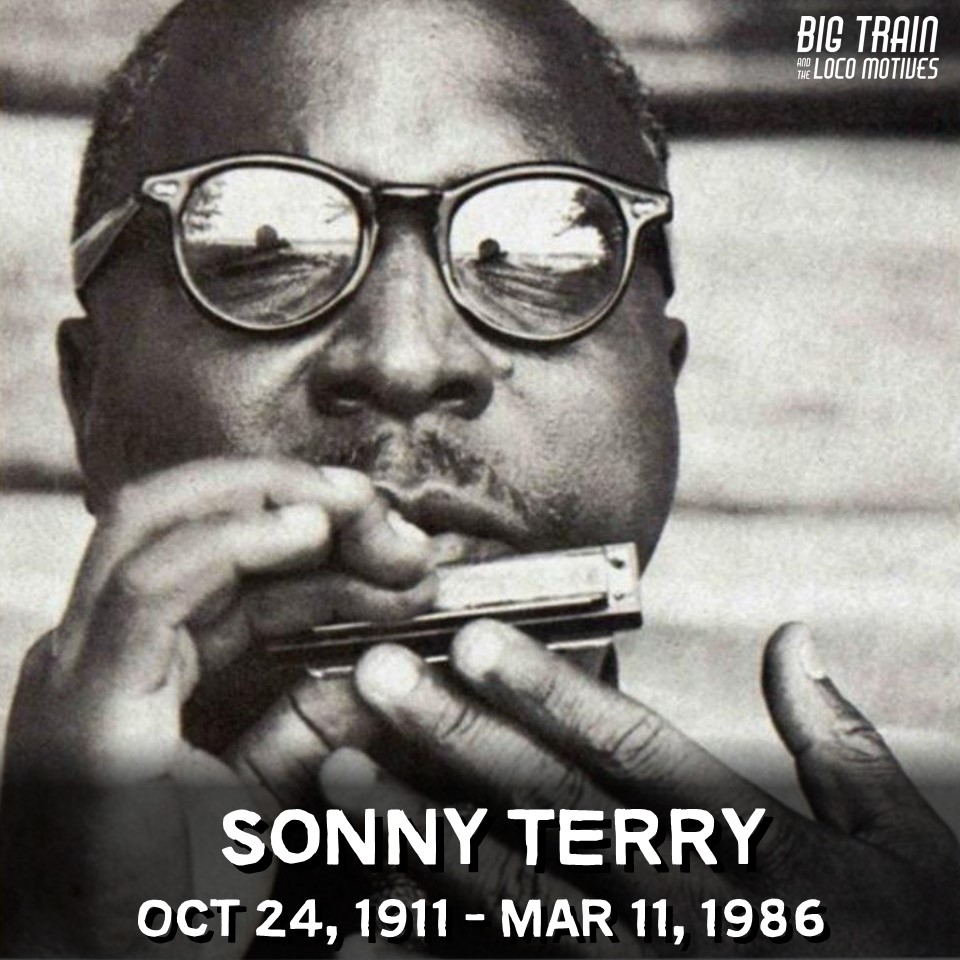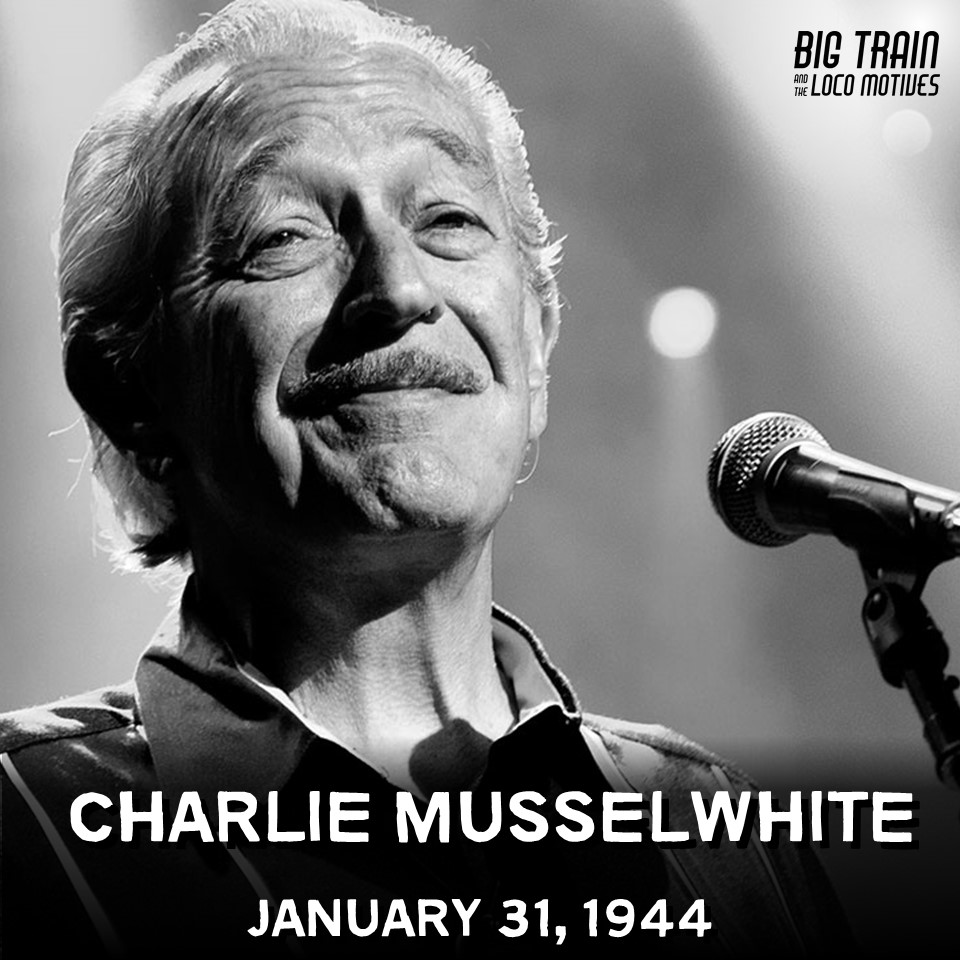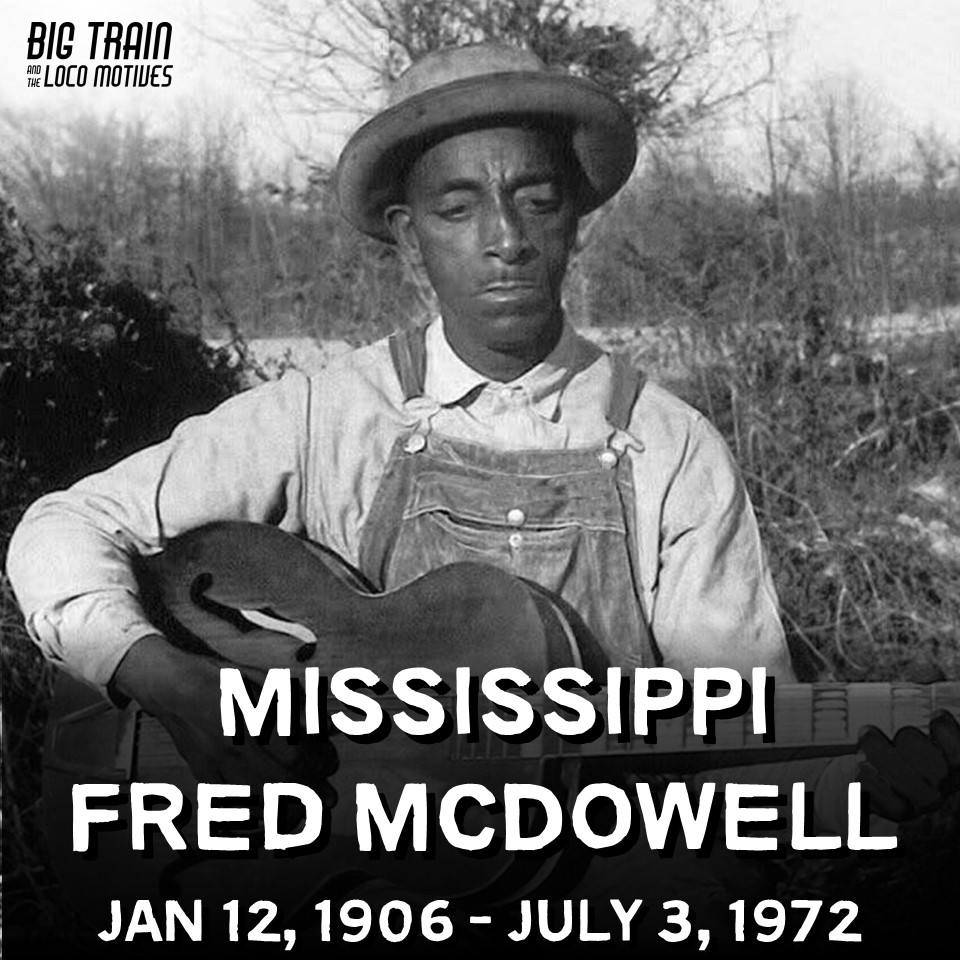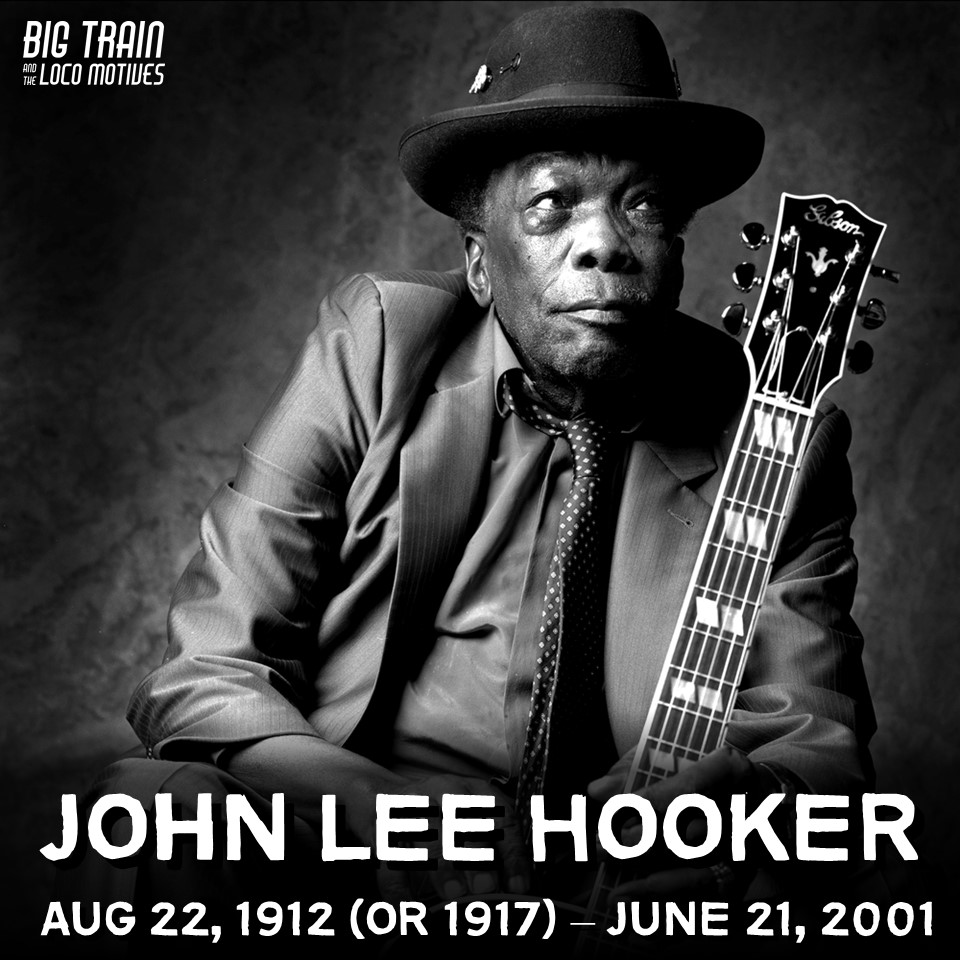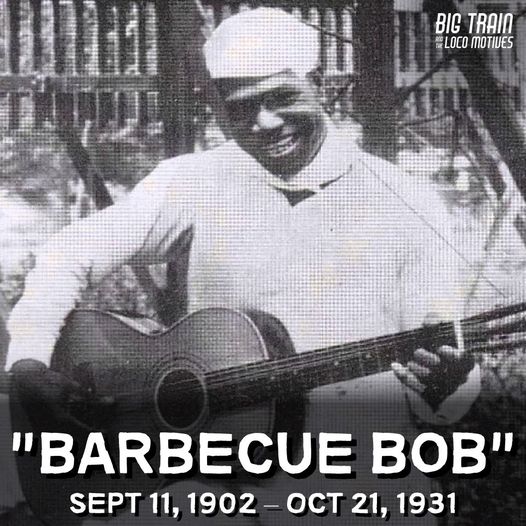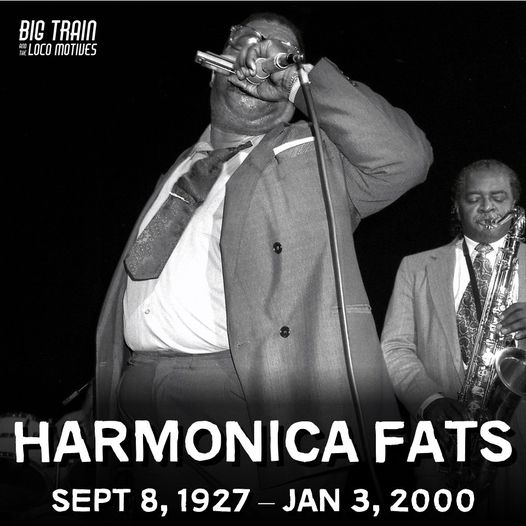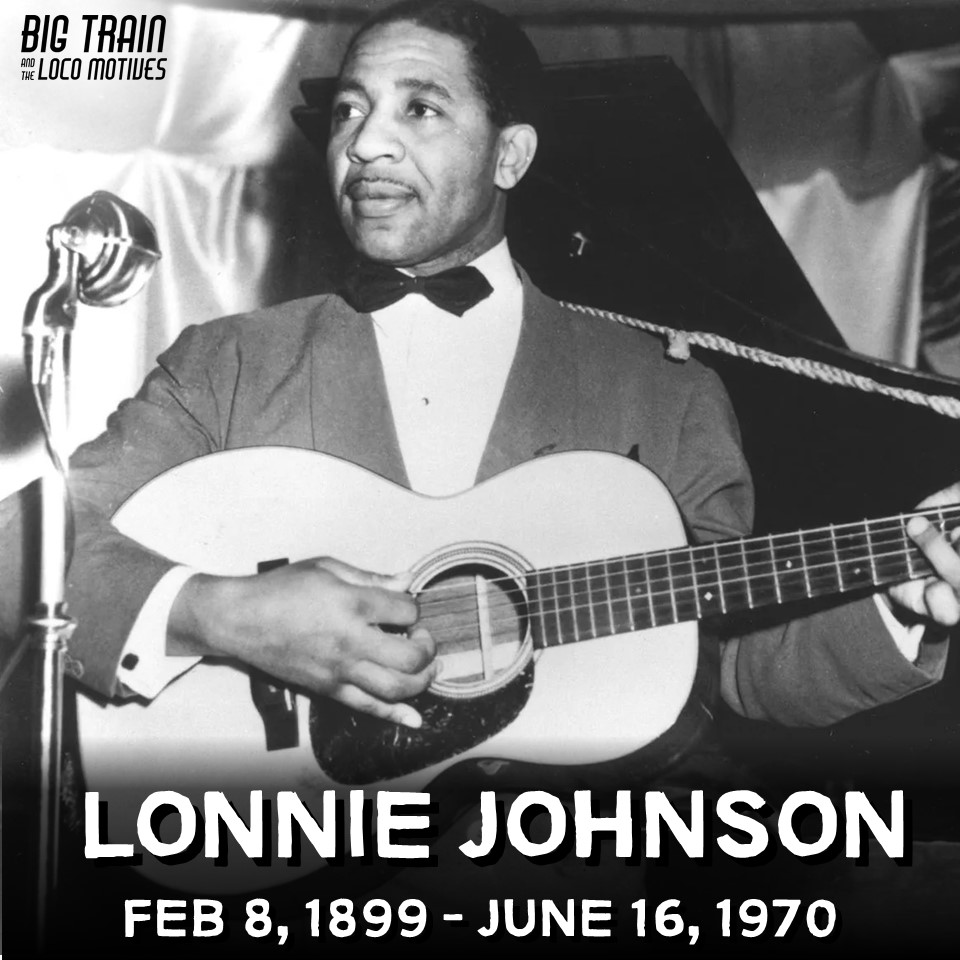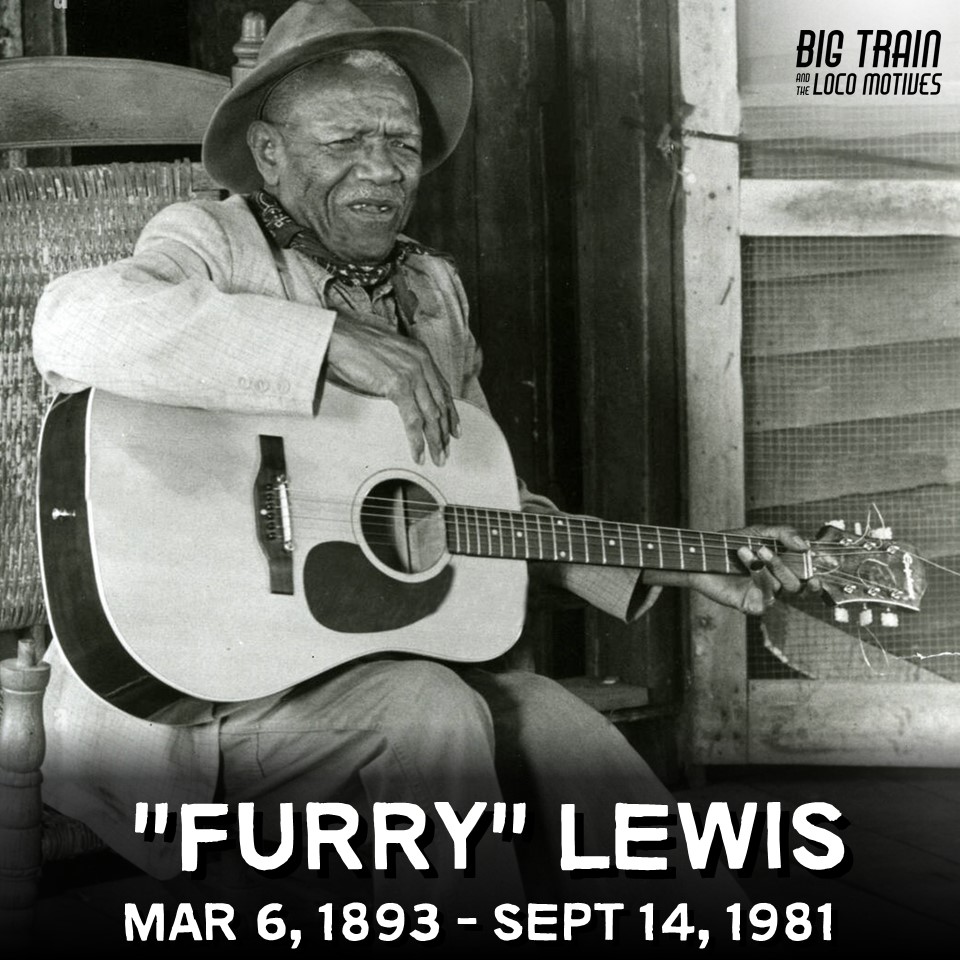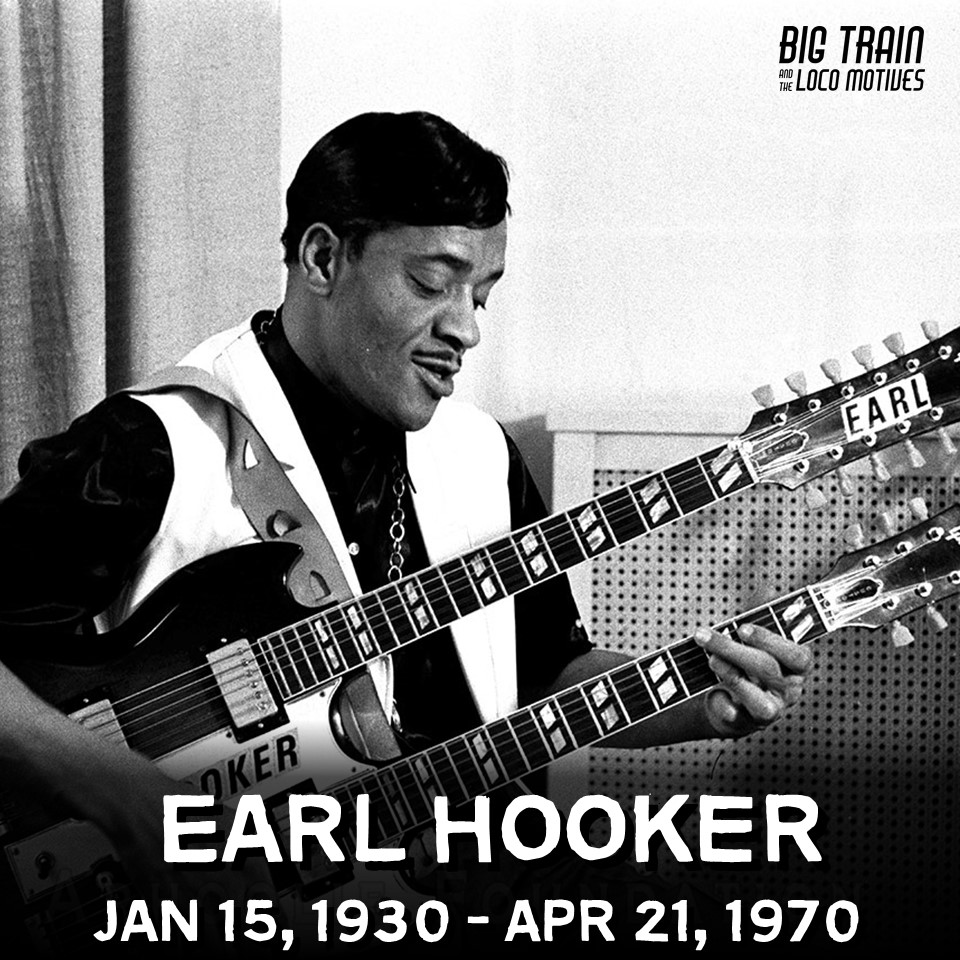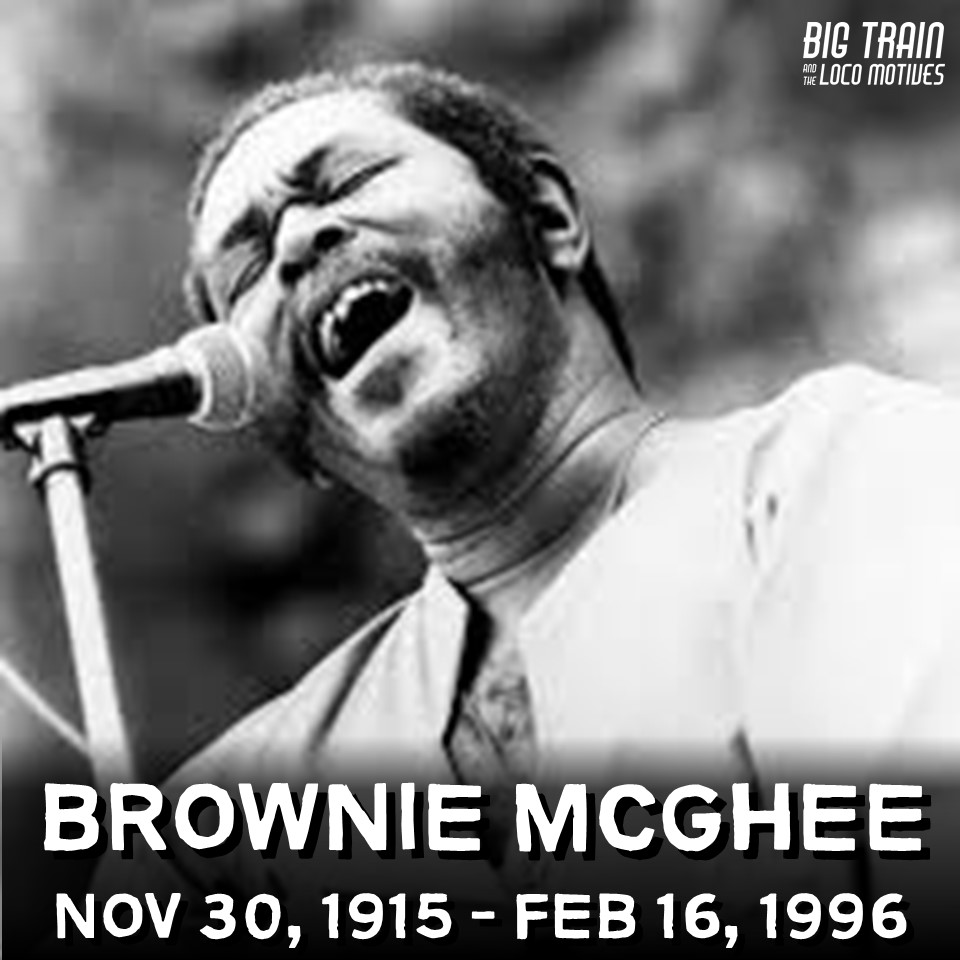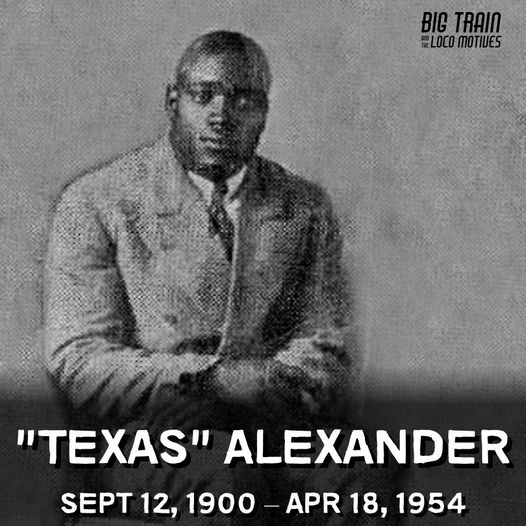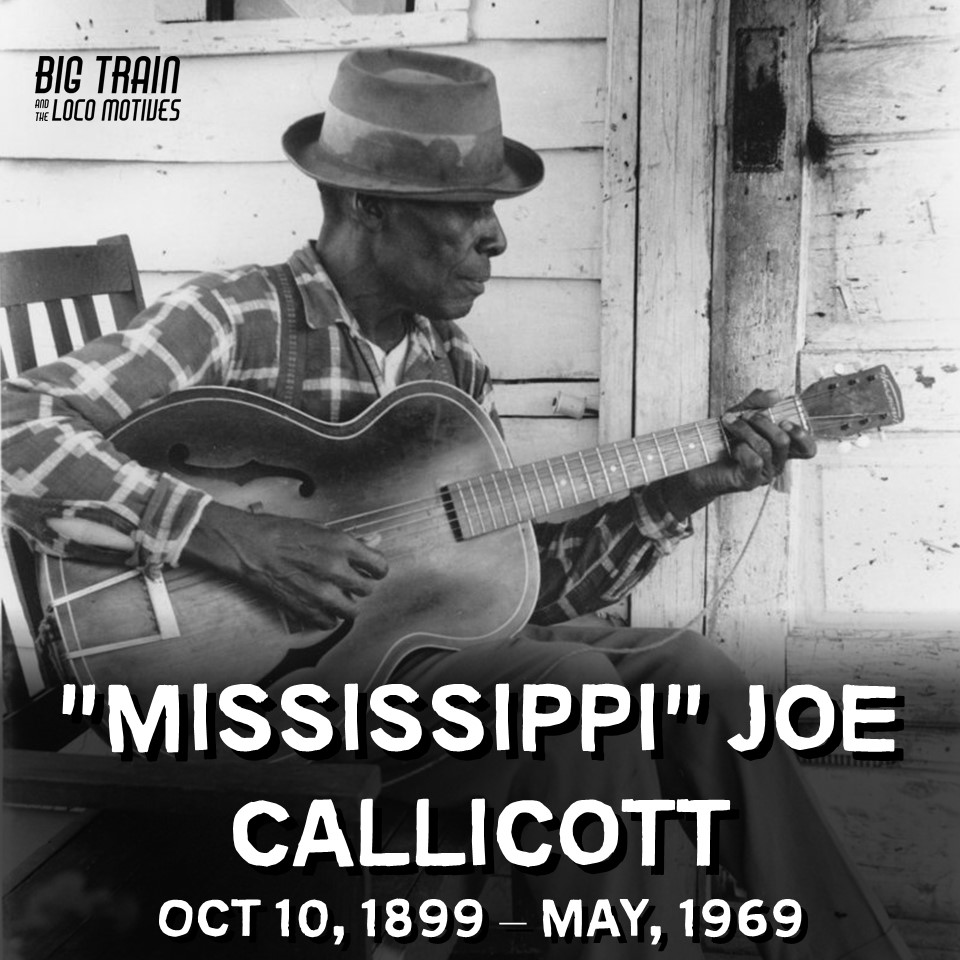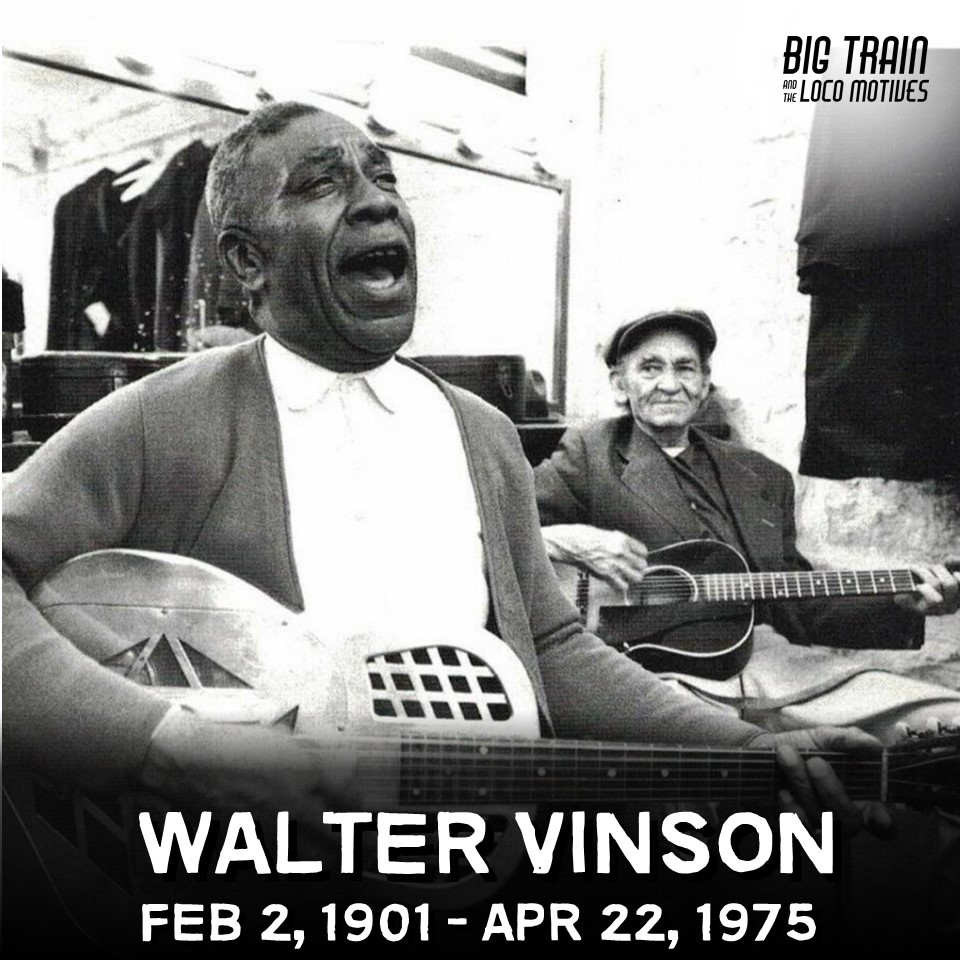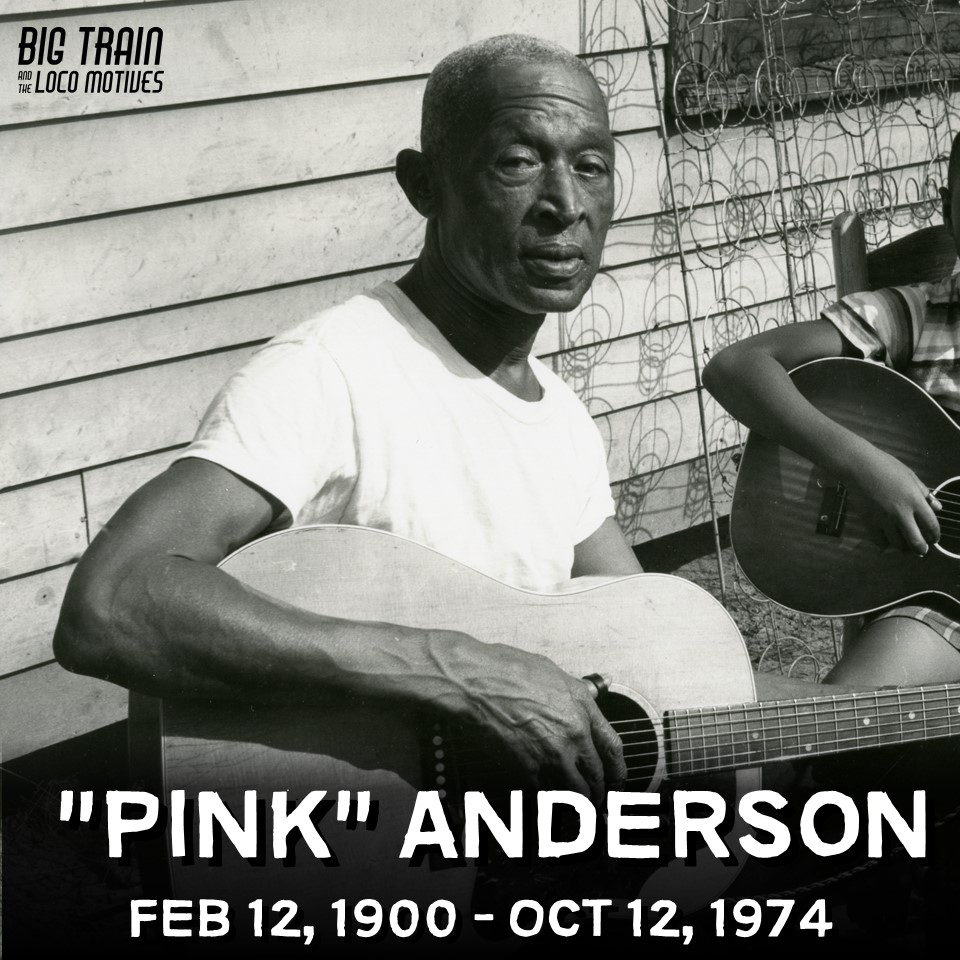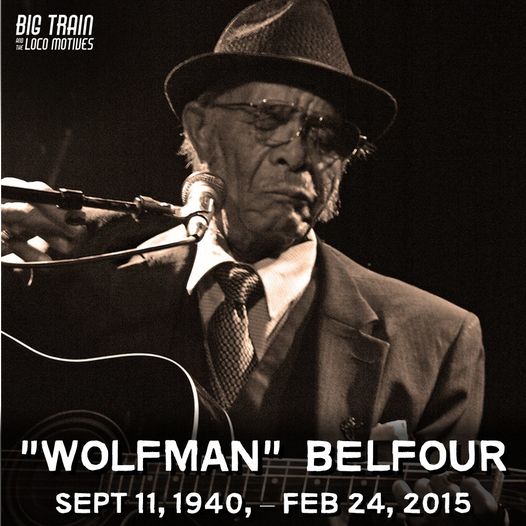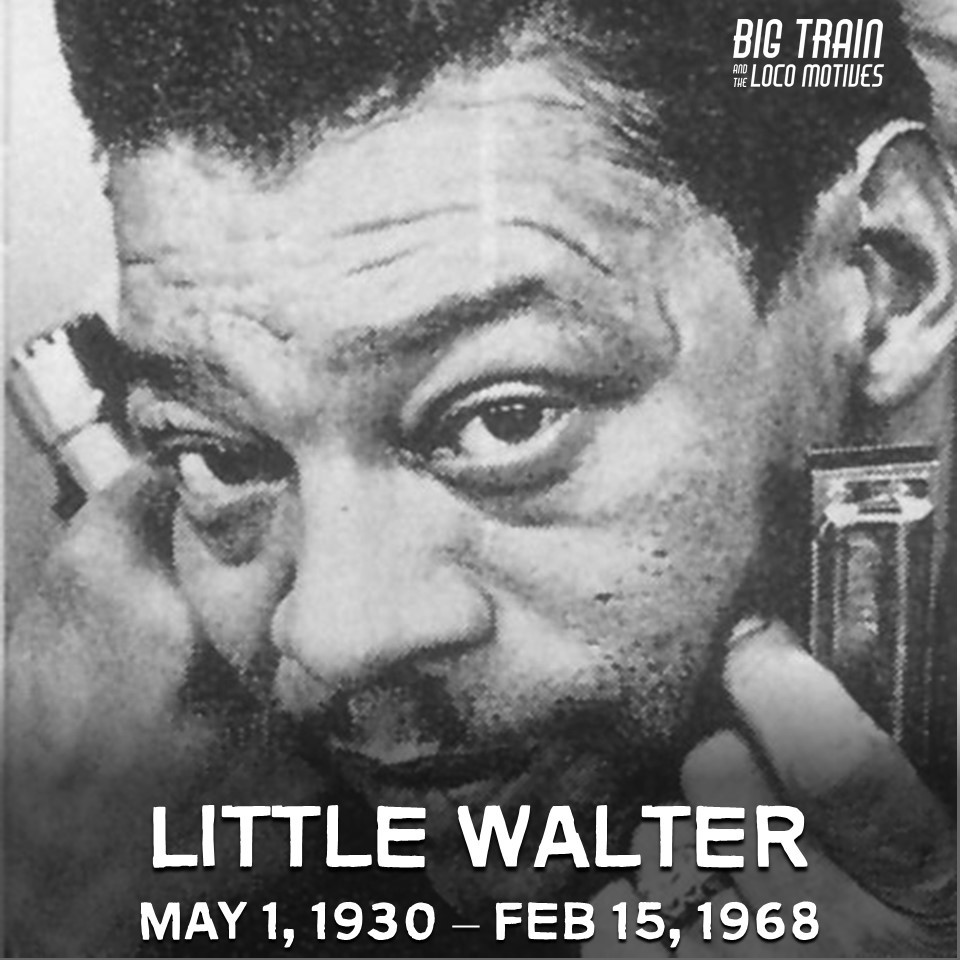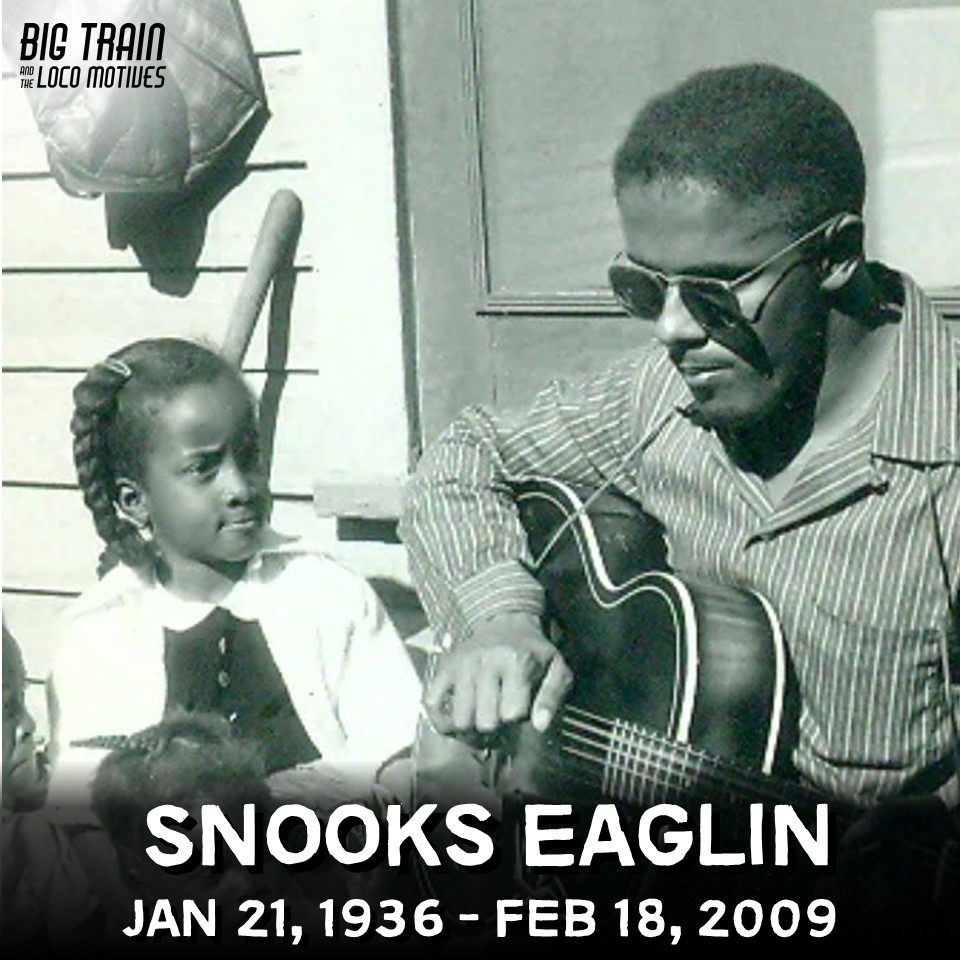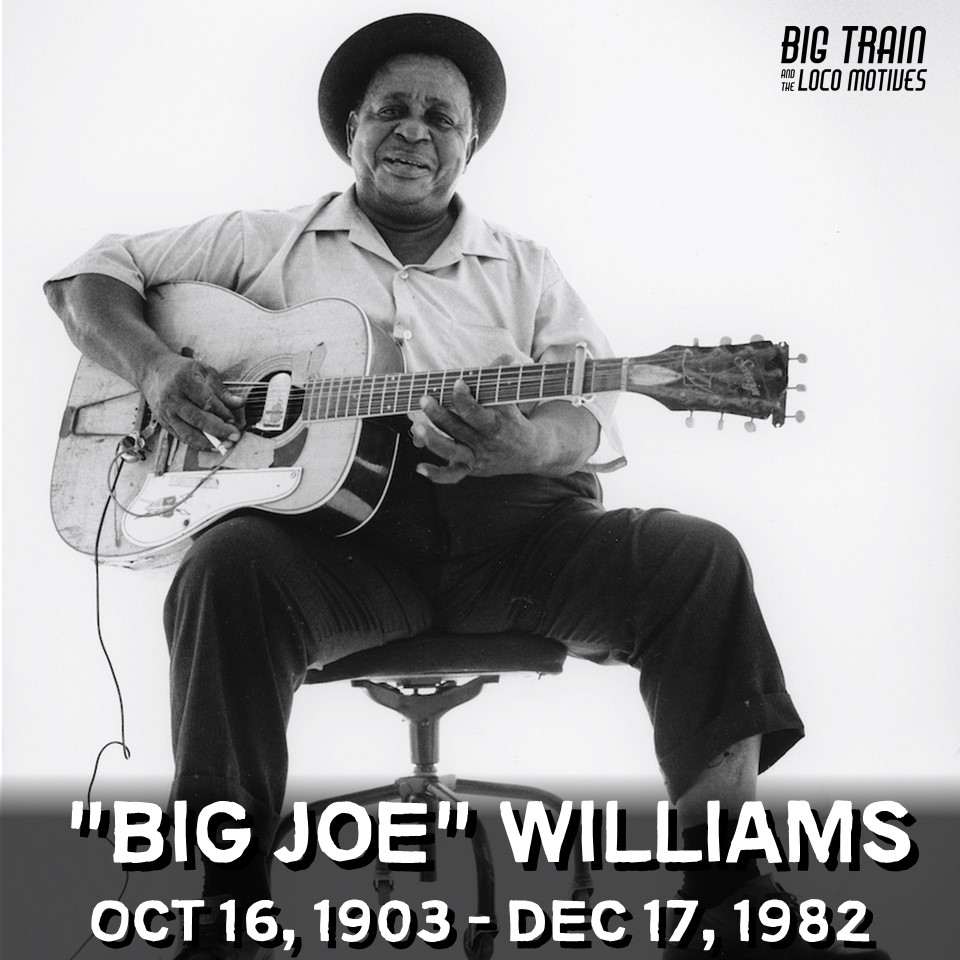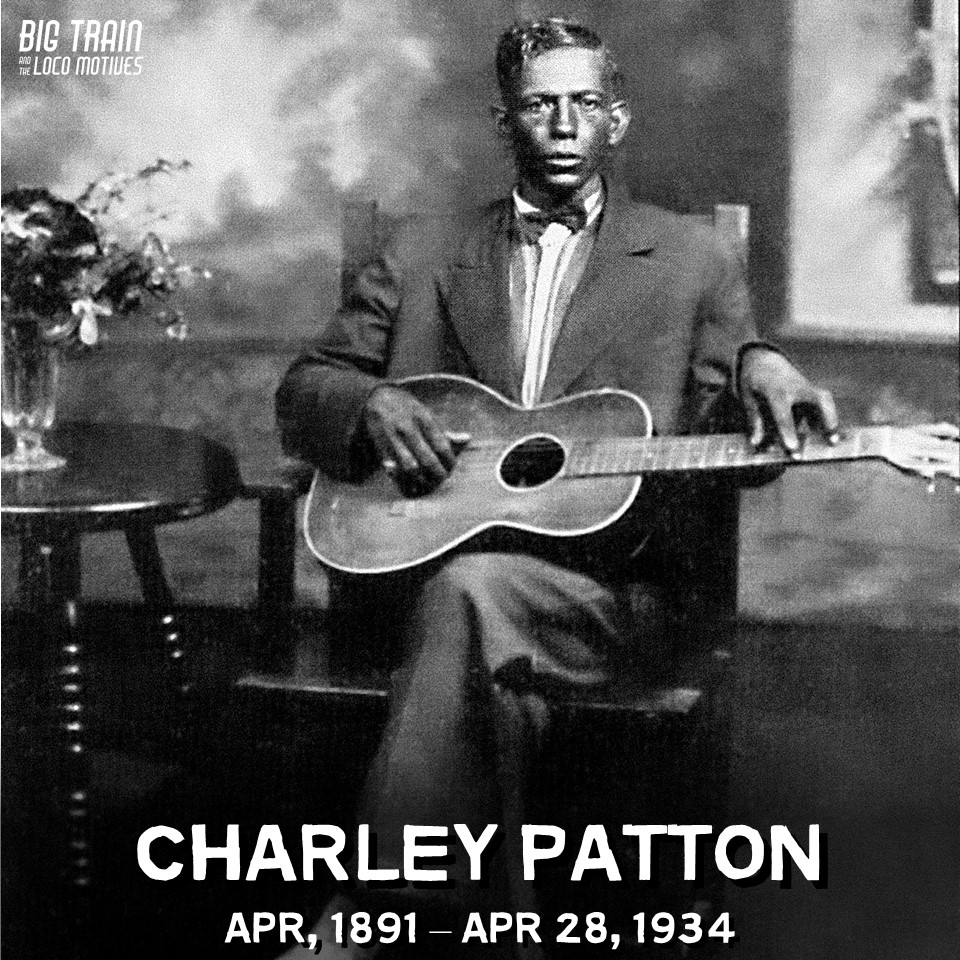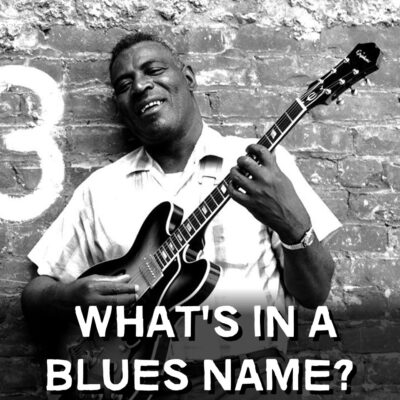
A Rose By Any Other Name…
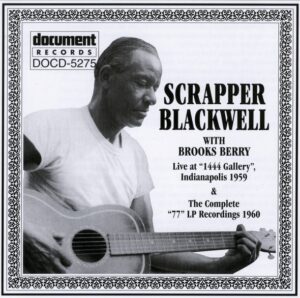
The Blues has been and always will be storytelling at its core. Originally in intimate home settings with family and friends, the players chose music as their vehicle to express guitar-laden tunes, interwoven with tales of struggle and perseverance.
In human culture, the most captivating stories involve a hero, and the music of the blues is no exception. The heroes of these stories were not celebrated for their displays of perfection or superiority, but for using a stubborn courage to persevere against the odds laid down by a society that was determined to keep them down.
As the musicians played, they were transformed into the heroes of which they sang, heroes that the audience of close family and friends could strongly relate to. Thus, the entire atmosphere created a tradition of the primacy of personally relating to the audience.
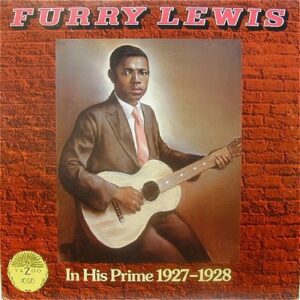 Enter the role of nicknames in the blues. Nicknames express familiarity. Someone who knows you well enough to call out your quirks gives you one. Being known by such a name to your audience reaffirms a close personal relationship as you relay your guarded tales. The audience and the hero now recognize that they indeed have met before.
Enter the role of nicknames in the blues. Nicknames express familiarity. Someone who knows you well enough to call out your quirks gives you one. Being known by such a name to your audience reaffirms a close personal relationship as you relay your guarded tales. The audience and the hero now recognize that they indeed have met before.
As blues musicians moved away from performing in just the family setting, many wanted to maintain the trademark emotional intimacy with the audience. So, when faced with a crowd full of strangers, they took on the persona of the folk hero by using a nickname and allowed it to temporarily replicate the intimate social relationships that are the base of traditional blues performance.
Tim Duffy, Executive Director of Music Maker Relief Foundation, explained that inventiveness with language is an integral part of being a blues musician because “they’re creative people who have fun with words.” Thus, expressive nicknames are a part of the entertainment aspect of it all.
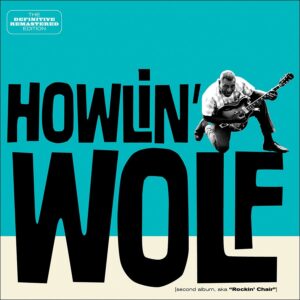 Some Music Maker artists’ names came about through their previous profession. For example, before Captain Luke was a full-time performer, he worked at a doughnut factory, and was known as the Honey-Bun Man.
Some Music Maker artists’ names came about through their previous profession. For example, before Captain Luke was a full-time performer, he worked at a doughnut factory, and was known as the Honey-Bun Man.
Dr. Buzzard got his nickname because was a medicine man in South Carolina before going full-time into music.
Other nicknames were given in childhood and then continued on as a stage name, as is the case with James Hanks,“As a child, I was called Boo Boo ever since I could remember, I don’t remember being called anything else growing up.” As a performer, he kept this and became known as Boo Hanks.
There is a practical, business side to nicknames as well. In the age when media such as television was not yet strong and the internet was non-existent, the use of a catchy nickname that could be easily remembered and therefore spread easily was the ultimate promotional tool. This was a method used by artists such as Guitar Gabriel and Muddy Waters. Also, piggy-backing off of and tweaking the nicknames of already known performers allowed for newer artists to use some of that buzz for themselves.
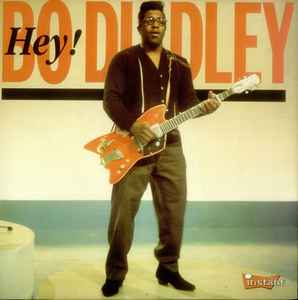 The Minstrel era, which helped shape essentially all American music, also contributed to the tradition of using nicknames in blues music. In this era, each musician in the act had a stage name that became what he or she was referred to.
The Minstrel era, which helped shape essentially all American music, also contributed to the tradition of using nicknames in blues music. In this era, each musician in the act had a stage name that became what he or she was referred to.
Whether performers today use nicknames given in childhood or create them for promotional use, the tradition sustains itself as one of the many bonds formed between the hero and his friends.

